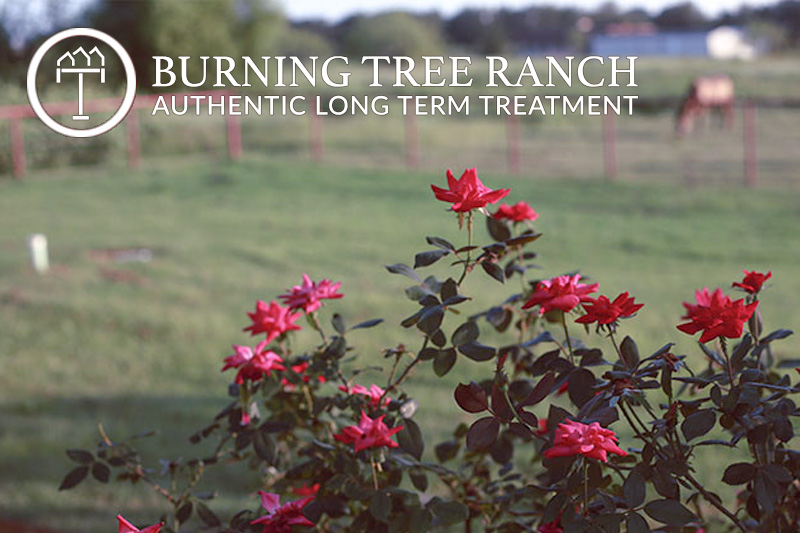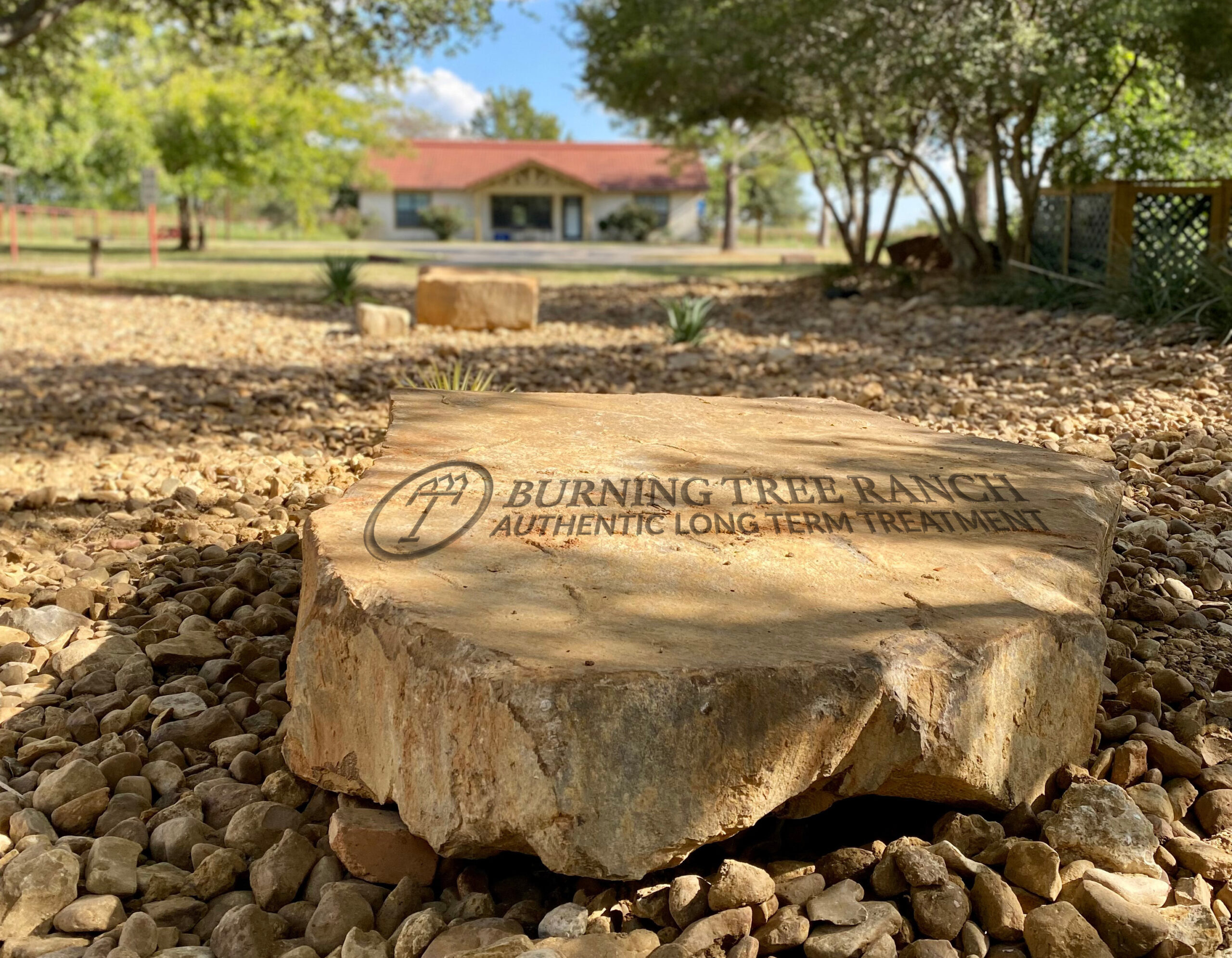Anxiety Disorders in a Dual Diagnosis with Substance Use
Anxiety and addiction are complex and often co-occurring disorders that can significantly impact a person’s mental health and well-being. Anxiety-related disorders are one of the most frequent mental health illnesses, impacting millions globally, and addiction is a chronic condition affecting millions more.
Anxiety Disorders: Overview & Associated Stigma
Anxiety disorder is a mental health condition characterized by persistent fear and worry. These feelings can be so intense that they interfere with daily life and routine activities such as work, school, or socializing become difficult. Anxiety disorders can be debilitating and significantly impact a person’s health and well-being.
The stigma surrounding addiction and anxiety disorders can also prevent individuals from seeking help and treatment. Many people are ashamed or embarrassed to acknowledge they have a problem and are afraid of being criticized or shunned by their community. This can lead to a delay in seeking treatment or a reluctance to access care at all.
Reducing the stigma surrounding addiction and anxiety disorders is crucial to improving treatment and recovery outcomes.

Anxiety Disorders: A Closer Look at Varieties and Characteristics
There are various forms of anxiety disorders, each with its unique characteristics. This breakdown aims to elucidate the spectrum of anxiety disorders, underscoring their diversity and the specific challenges they present.
Generalized Anxiety Disorder (GAD)
Marked by ongoing, excessive worry about everyday activities or events beyond what might be expected. This worry is hard to control and can affect physical health. It might coexist with other anxiety disorders or depression.
Social Anxiety Disorder (Social Phobia)
Characterized by significant anxiety, fear, and avoidance of social interactions due to a fear of being negatively judged or embarrassed.
Panic Disorder
Characterized by sudden, intense episodes of fear or anxiety, peaking within minutes. Symptoms can include a sense of impending doom, difficulty breathing, chest discomfort, or rapid heartbeats. These episodes can cause concern over future attacks or avoidance of places where attacks have occurred.
Substance-Induced Anxiety Disorder
Results from the misuse of drugs, medication intake, exposure to toxic substances, or withdrawal from drugs, causing significant anxiety or panic.
Agoraphobia
Involves a fear of being in situations where escape might be intricate or help wouldn't be available if things go wrong. This often includes fear of crowds, bridges, or being outside alone.
Selective Mutism
Occurs when children consistently do not speak in specific situations where speaking is expected, like at school, despite being able to communicate in other settings, such as at home. This can impact educational, work, and social activities.
Separation Anxiety Disorder
Seen in children who experience excessive anxiety due to separation from home or from those to whom the child has a strong attachment beyond what is typical for the child's developmental level.
Anxiety Disorder Related to Medical Conditions
This form of anxiety disorder is caused by physical health issues, leading to severe anxiety or panic attacks.
Specific Phobias
Involves intense anxiety related to exposure to a particular object or situation, leading to an overwhelming desire to avoid it. In some cases, this can induce panic attacks.
Other Specified Anxiety Disorder and Unspecified Anxiety Disorder
Refer to anxiety or phobia-related issues that don't fully align with the criteria for other anxiety disorders but are nonetheless distressing and disruptive.
Causes and Risk Factors
Anxiety disorders arise from a complex interplay of genetic, environmental, psychological, and developmental factors. Key contributors include:
Genetics: A family history of anxiety or other mental health disorders can increase the risk.
Brain Chemistry: Abnormalities in neurotransmitters, the chemicals that transmit signals in the brain, may contribute to anxiety disorders.
Life Events: Traumatic events such as abuse, the death of a loved one, or a history of bullying can be related to anxiety. Ongoing stress related to work, relationships, or financial concerns also plays a significant role.
Personality Traits: Individuals with certain personality types, such as those who are perfectionists or have low self-esteem, are more prone to anxiety disorders.

Non-Addictive Anxiety Medication Options: A Guide to Safe Prescriptions
For treating anxiety without the risk of dependency, healthcare providers may consider several non-habit-forming prescription drugs. These medications can help manage symptoms effectively when used under medical supervision. Below is a list of drug classes, along with examples of their brand and generic names:

1. Selective Serotonin Reuptake Inhibitors (SSRIs)
SSRIs are commonly prescribed for anxiety due to their efficacy and relatively favorable side effect profile. They work by increasing serotonin, a neurotransmitter associated with mood regulation.
- Sertraline (Brand name: Zoloft)
- Escitalopram (Brand name: Lexapro)
- Fluoxetine (Brand name: Prozac)

2. Serotonin-Norepinephrine Reuptake Inhibitors (SNRIs)
SNRIs are another class of medications effective in treating anxiety. They increase the levels of both serotonin and norepinephrine, neurotransmitters that play key roles in mood.
- Venlafaxine (Brand name: Effexor XR)
- Duloxetine (Brand name: Cymbalta)

3. Buspirone
Buspirone is a medication specifically designed to treat anxiety. It is thought to work by affecting neurotransmitters in the brain and has a lower risk of dependency.
- Generic name: Buspirone (Brand name: BuSpar)

4. Beta-Blockers (Used Off-Label)
While primarily used for cardiovascular issues, beta-blockers can be prescribed off-label to help manage physical symptoms of anxiety, such as rapid heartbeat or tremors, especially in situational anxiety like public speaking.
- Propranolol (Brand name: Inderal)
- Atenolol (Brand name: Tenormin)

5. Antidepressants (Other)
Some other antidepressants may also be used to treat anxiety, though they don’t fit neatly into the SSRI or SNRI categories.
- Trazodone (Brand name: Desyrel) – Often used off-label for anxiety and also for its sedating effects to help with sleep.
It’s important to note that while these medications can be effective for anxiety, they should only be taken under the guidance of a healthcare professional who can monitor for efficacy and side effects. Additionally, medication is often most effective when combined with therapy and lifestyle changes.
Seeking Understanding & Treatment
Final Words for Families Considering Long-Term Treatment
It is important to recognize that addiction and anxiety disorders are medical conditions that require treatment and support. By reducing stigma and increasing understanding, we will create a helpful and welcoming environment for those who need help and encourage more individuals to seek treatment and recover from these conditions.
Dual diagnosis treatment at Burning Tree Ranch includes a comprehensive and integrated approach that simultaneously addresses addiction and mental health disorders, including anxiety disorders. Our treatment center has a team of experienced healthcare professionals, including licensed therapists, addiction specialists, and medical professionals, who work together to develop personalized treatment plans for each individual.

